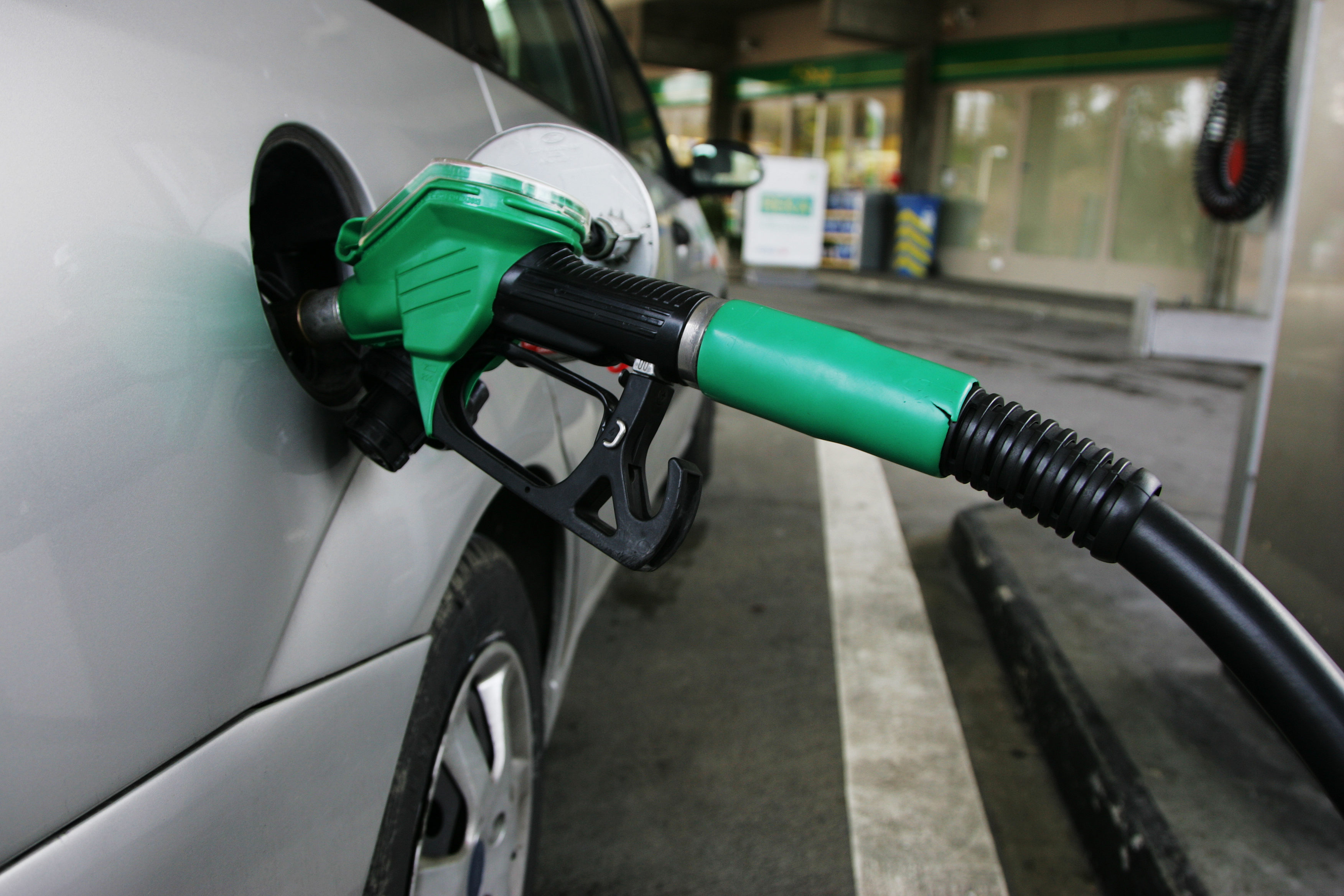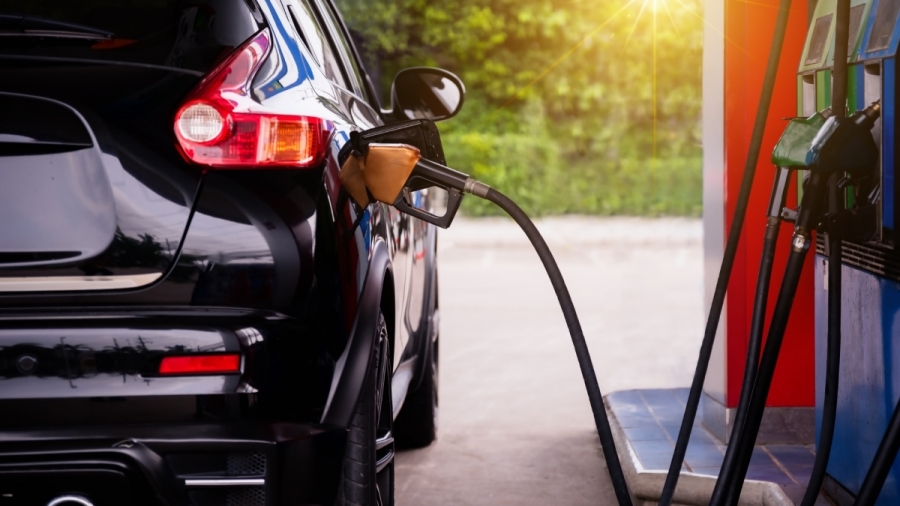The new variations in reference fuel prices for the country will be as follows:

Superior Gasoline:
In the Central zone it will cost US$3.98 with an increase of US$0.03/gallon.
In the Western zone it will cost US$3.99 with an increase of US$0.03/gallon.
In the Eastern zone it will cost US$4.03 with an increase of US$0.04/gallon.
Regular Gasoline:
In the Central zone it will cost US$3.78 with an increase of US$0.05/gallon.
In the Western zone it will cost US$3.79 with an increase of US$0.05/gallon.
In the Eastern zone it will cost US$3.82 with an increase of US$0.05/gallon.
Low sulfur diesel
In the Central zone it will cost US$3.21 with an increase of US$0.02/gallon.
In the Western zone it will cost US$3.22 with an increase of US$0.02/gallon.
In the Eastern zone it will cost US$3.25 with an increase of US$0.02/gallon.
Fuel prices have risen due to different international factors, which are the following:
Falls in gasoline reserves reported through the first August report of the International Energy Agency (IEA), and compliance with the slight oil production increase of 400,000 barrels per day, agreed by the Organization of the Petroleum Exporting Countries (OPEC) and allies.

In order not to be affected by the increase in fuel prices, MINEC recommends salvadorans to take the following measures:
- Adequate routes: by planning your routes and scheduling your departures, you can save from 10% to 35% of fuel.
- Accelerate progressively: wait for the engine temperature to stabilize to demand its full power.
- Cold start: there is no point in warming up the engine when the vehicle is not moving. Running at idle will only consume fuel.
- Alignment and tire pressure: without proper tire pressure and poorly aligned tires wear out faster and force the engine to work harder. By properly maintaining them, up to 10% of fuel can be saved.
- Avoid abrupt accelerations and decelerations: if you drive fast, every kilometer over 100 km/h you spend twice as much gasoline: if you drive at 140 km/h you will be spending 80% more than if you were driving at 100 km/h.
- It is recommended to refuel early in the morning and at night when the product is cold: in this way you will be refueling when the fuel volume is compressed, thus achieving a greater volume when the product increases its temperature inside the vehicle's tank.
- Reduce unnecessary loads: it is not only a matter of space, but the heavier the load, the higher the fuel cost.
 English
English  Español
Español 
